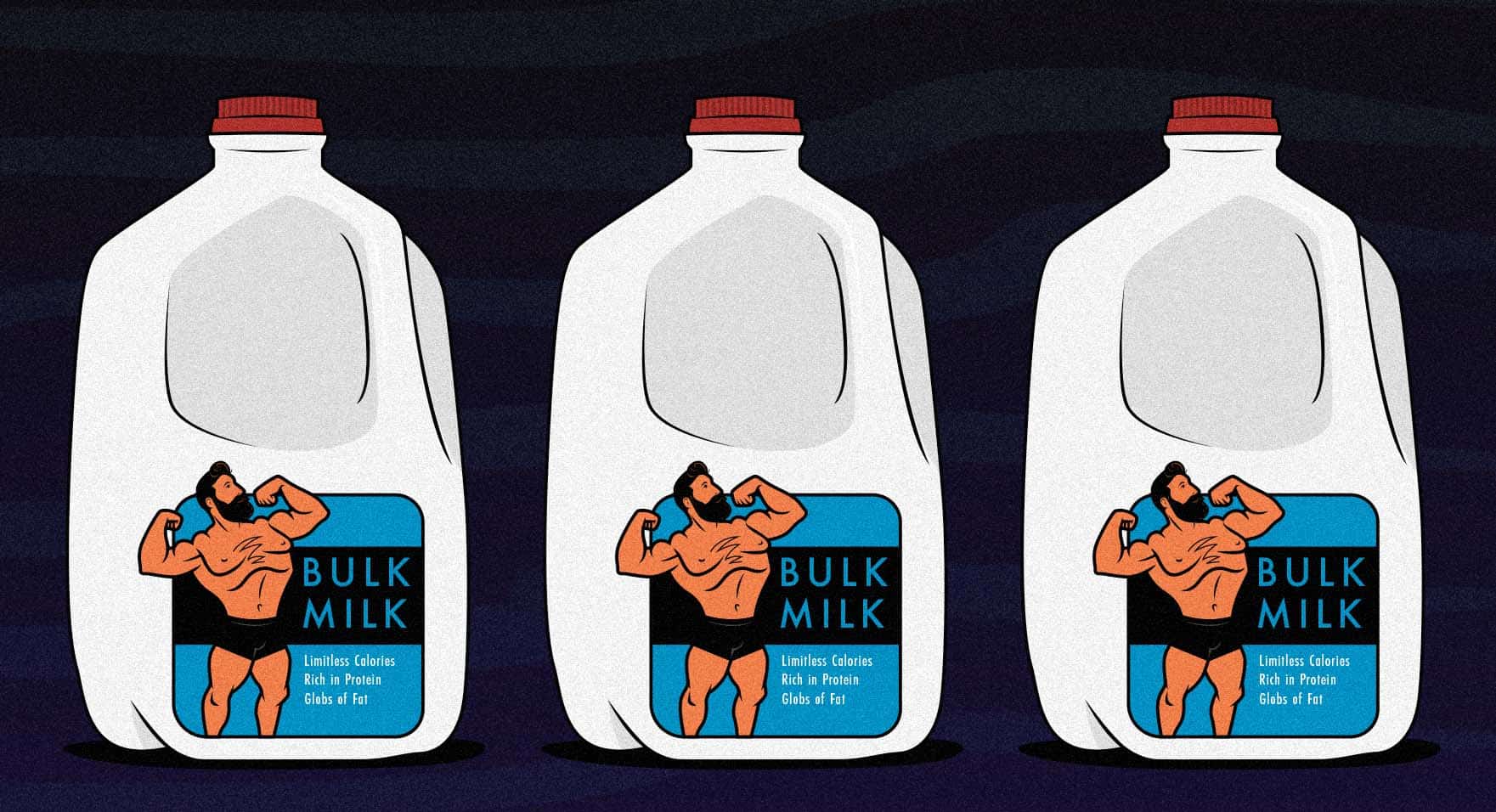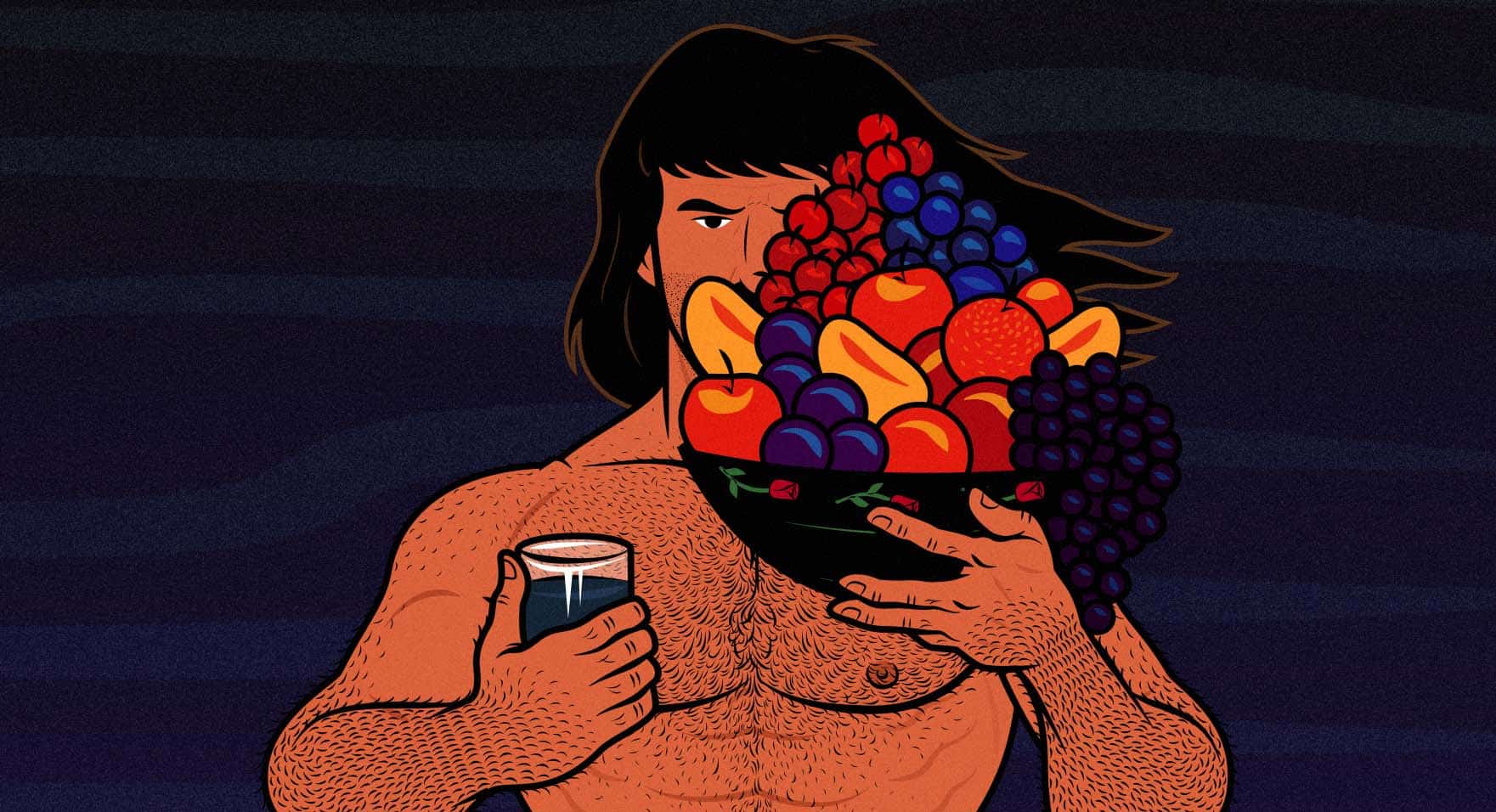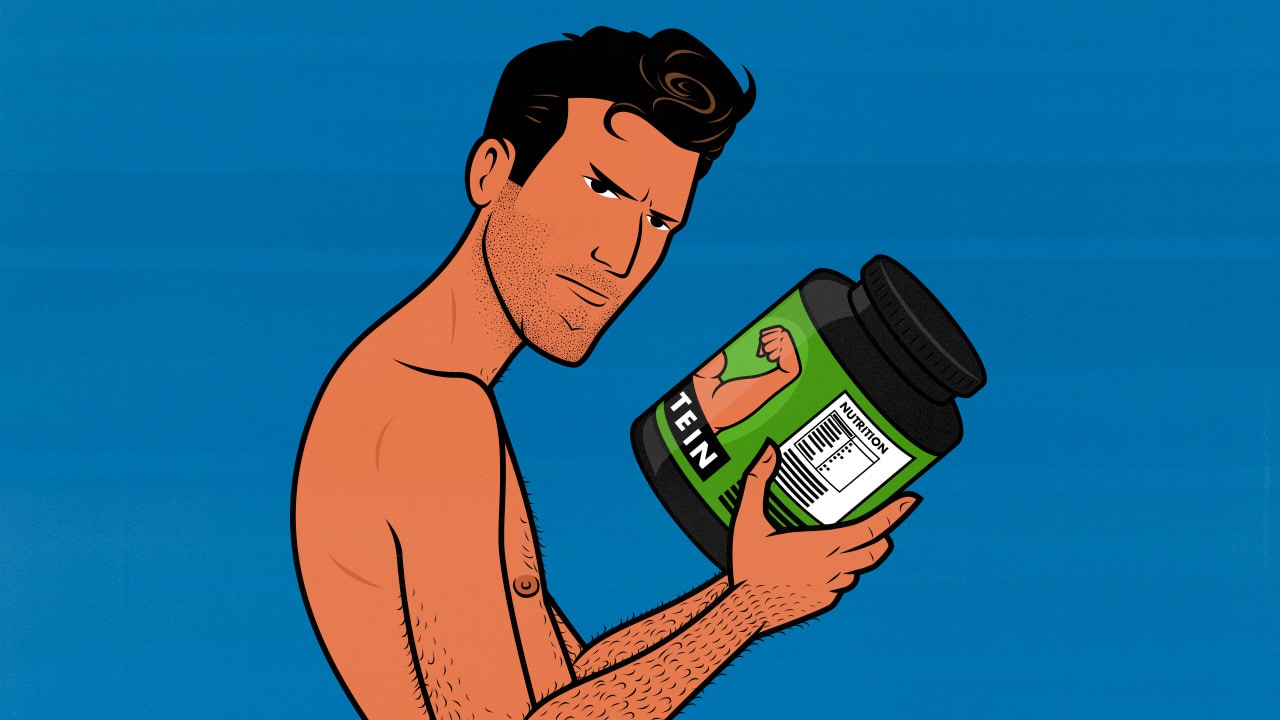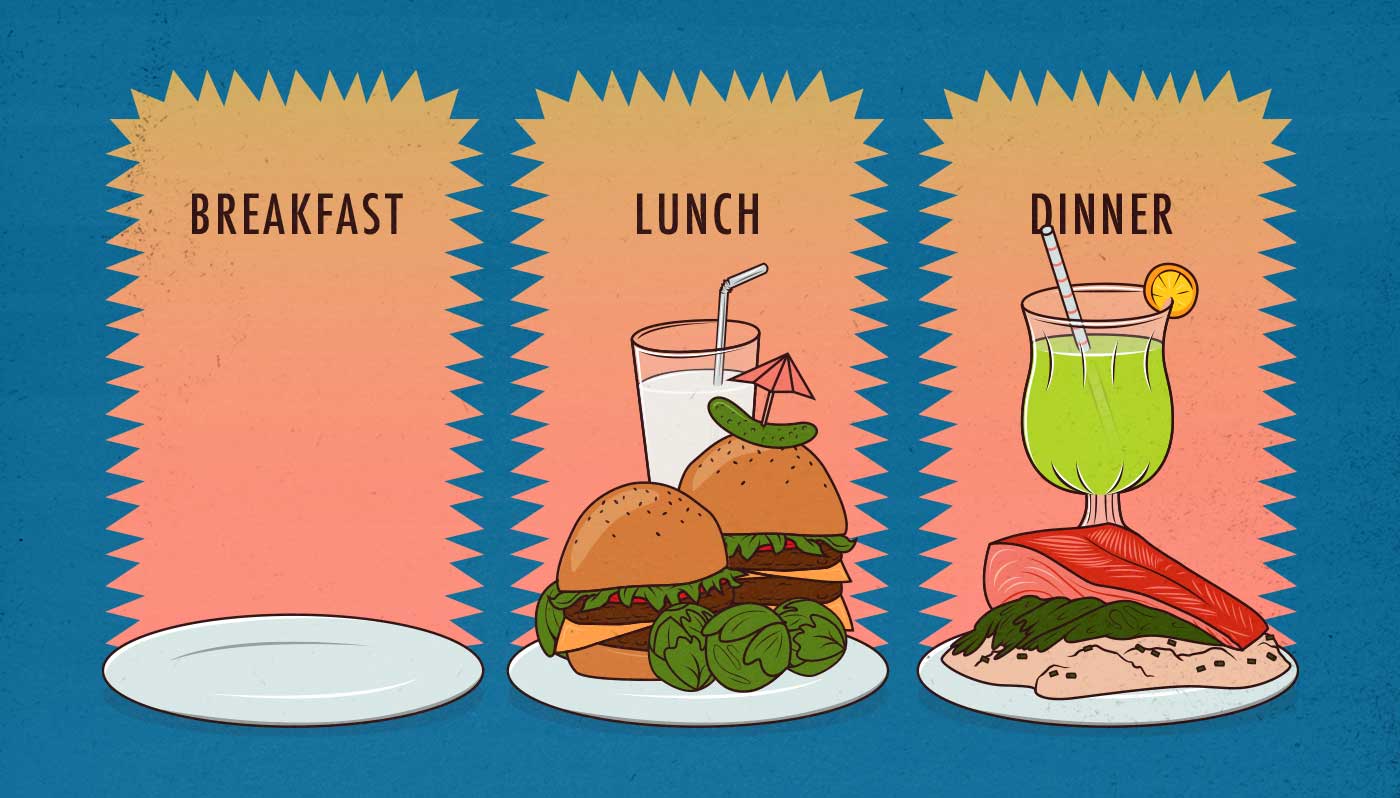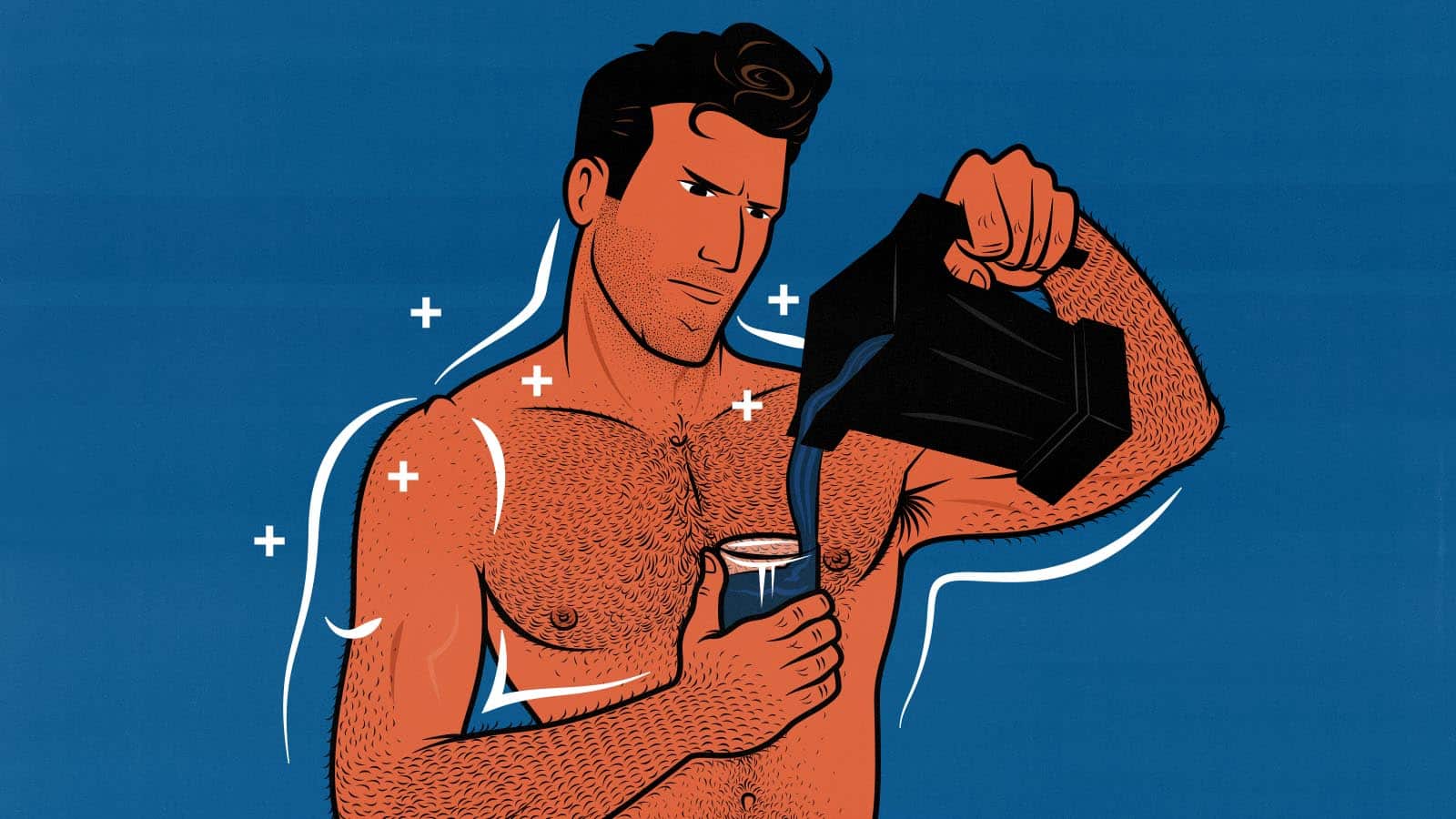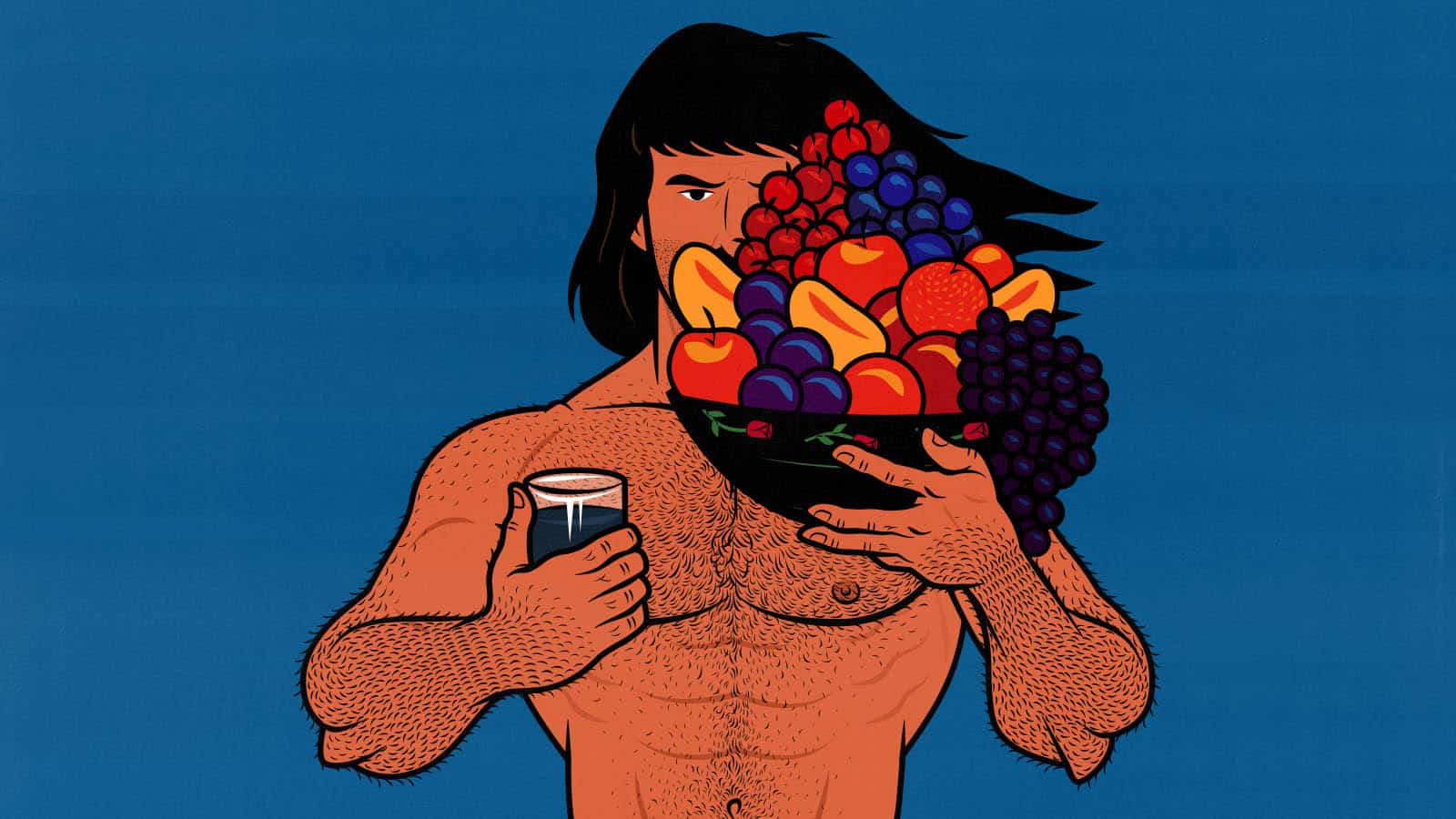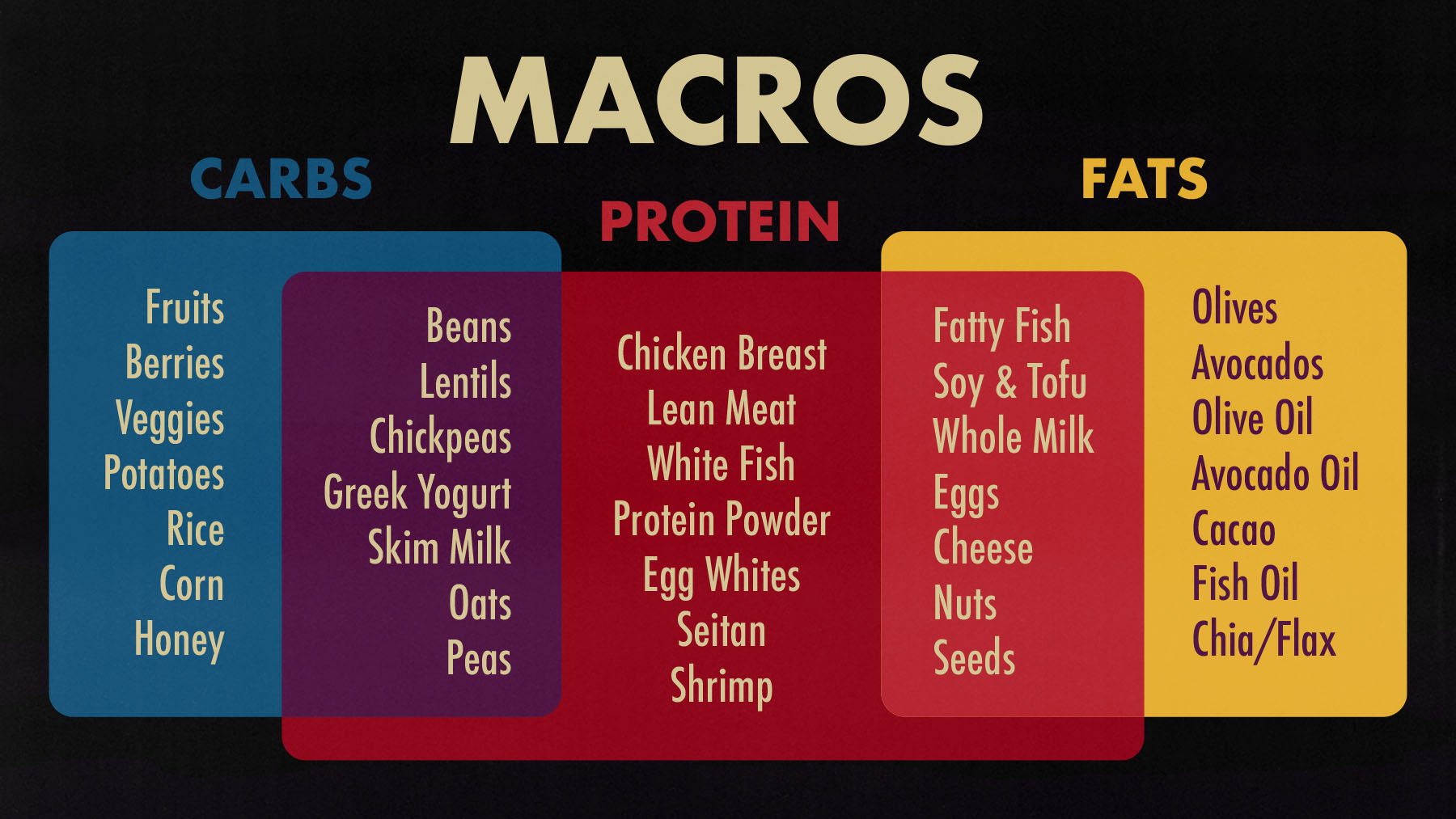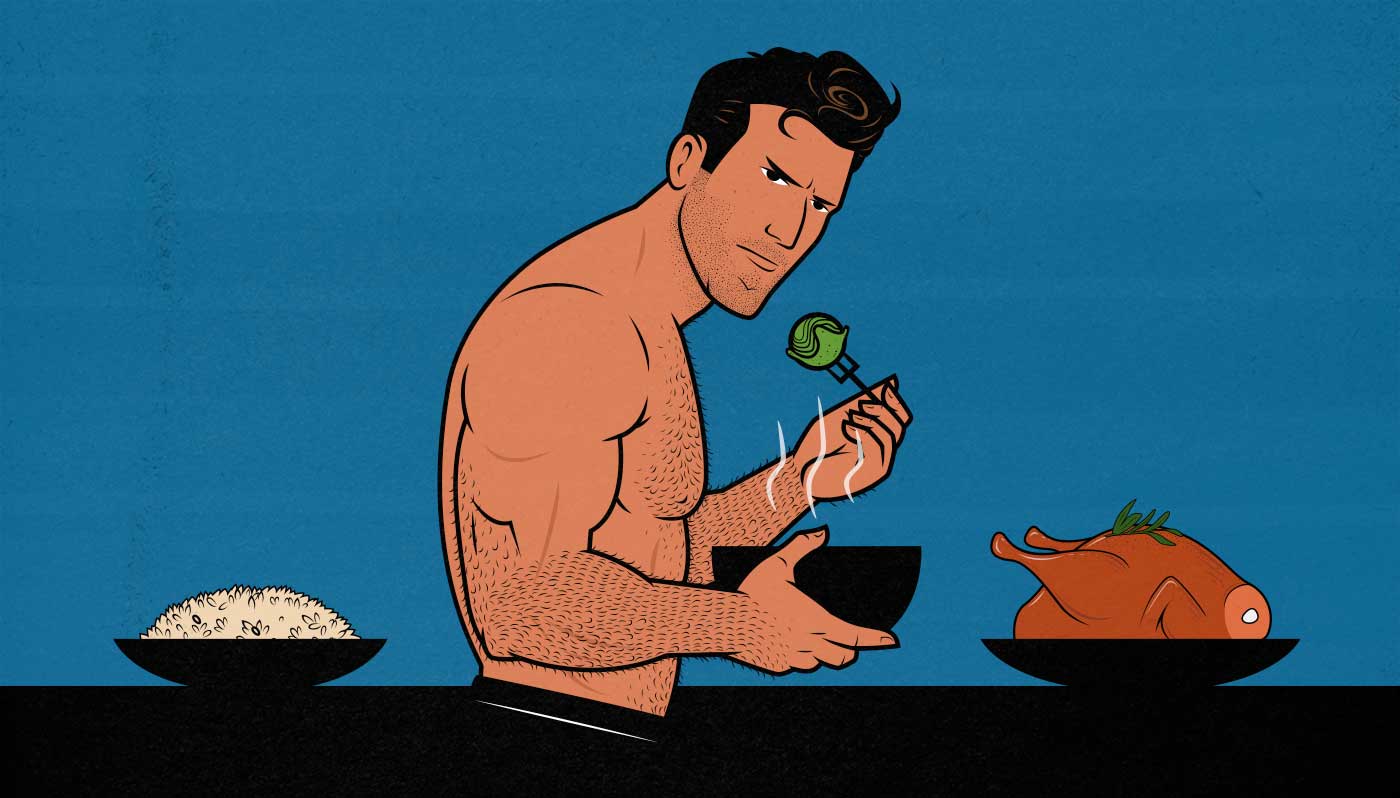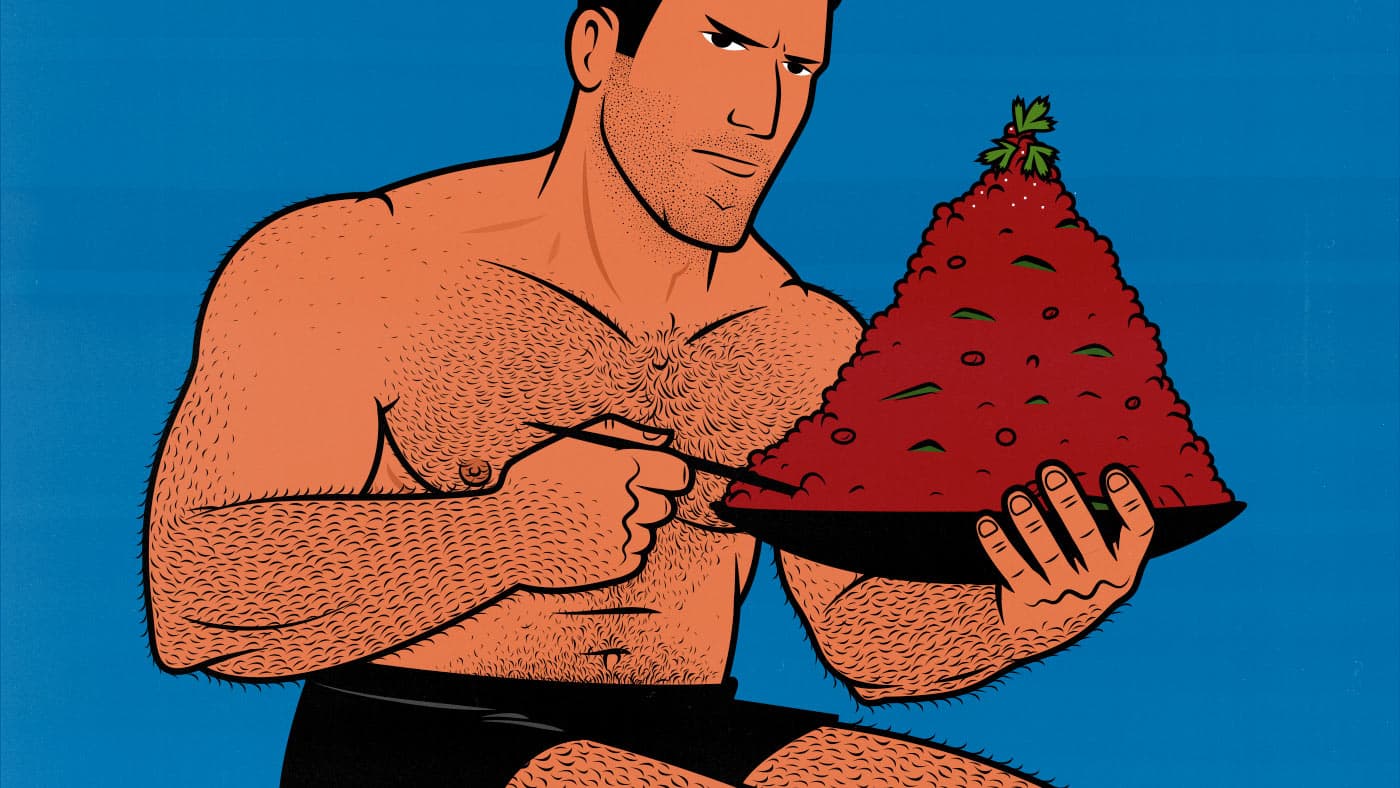Nutrition
Is Milk Good for Bulking? (What About GOMAD?)
Milk is one of the easiest sources of calories and protein, making it great for bulking. Adding a glass or two of milk to your diet might be all it takes to slip into an easy calorie surplus. That’s especially handy for skinny people (like me) who have a hard time eating enough calories to gain weight.
Milk is also a rich source of micronutrients, including the obvious ones, like calcium. More interestingly, it seems to have other unique muscle-building properties. More on that in a second.
The problem is that if you drink too much milk, you may find yourself gaining quite a lot of fat (study). In fact, drinking a gallon of milk a day (GOMAD) is so infamous for making guys fat. It’s the classic “dreamer bulking” diet.
Read MoreHow Many Meals Should You Eat Per Day While Bulking?
Bodybuilders used to think that they needed to eat seven meals per day while bulking. They thought that if they didn’t eat often enough, their bodies would shift into “starvation mode,” which would cause them to gain less muscle and store more body fat. Some of them would even wake up in the middle of the night to have a protein shake.
Now that intermittent fasting is becoming popular, that idea is starting to die out. Instead of eating seven meals per day, it’s common for bodybuilders to experiment with eating as few as 1–2 meals per day. But there’s a problem here, too. Going through periods of fasting slows down our muscle growth. (A couple of new studies also found that fasting can affect our hair.)
The good news about intermittent fasting becoming more popular is that there’s now quite a bit of research comparing different meal frequencies for muscle growth.
Read MoreThe Best Protein Powder for Bulking (2025)
I’ll tell you the best protein powder for bulking, but you might be asking the wrong question. Protein is an important part of a balanced bulking diet, and protein powder is an easy way to get that protein, but you might be thinking of a weight gainer.
Weight gainers are high-calorie bulking supplements that contain both protein and carbs. You mix it into water just like protein powder, but you can get around 10x as many calories per serving. That can make it easier to gain weight. That might be what you’re thinking of. We’ll cover the best weight gainers, too.
Read MoreHow to Eat More Calories, Increase Your Appetite & Gain Weight
Most naturally thin people struggle to eat enough calories to gain weight. Usually, that’s a good thing. Our genetics help us avoid the obesity that plagues almost everyone else.
But if you’re skinny, underweight, or trying to bulk up, then the same genetic advantages that keep you healthfully lean can also make it extremely difficult to eat enough calories to build muscle.
Gaining weight is difficult, but it isn’t impossible, and we can make it much easier. I’ve gained 70 pounds and comfortably maintained it for over a decade. We’ve also helped over fifteen thousand other naturally skinny people bulk up, including professional and Olympic athletes. We’ve learned quite a lot while doing it.
I’ve got 17 tips that will make it much easier to gain weight.
Read MoreIs Intermittent Fasting Good for Building Muscle?
Intermittent fasting is popular for weight loss. But what if you’re a skinny guy trying to bulk up? Can you use intermittent fasting to build muscle faster or more leanly? After all, intermittent fasting raises growth hormone production, which purportedly helps with muscle growth; it increases insulin sensitivity, which could help make your muscle gains leaner; and research shows that intermittent fasting may help preserve muscle when losing weight.
On the other hand, bodybuilders are known for eating frequently—every few hours. They eat more often than the average person. Why is that? Could there be an advantage to eating more meals more often?
Finally, does intermittent fasting make it harder to eat enough calories to gain weight? Skinny guys are notorious for having smaller stomachs, faster metabolisms, and more meagre appetites, all of which can make it harder to eat enough calories to gain weight. Will intermittent fasting make that even harder?
Read MoreDo Smoothies Cause Weight Gain?
Most research shows that calories are less filling when you drink them, making it easier to gain weight (systematic review). Maybe that’s because you don’t need to chew, you don’t spend as long eating, and the food doesn’t stay in your stomach as long (study, study, study).
Smoothies aren’t like soda and juice, though. They’re made by blending nutritious whole foods. For example, when you blend fruits with seeds in them (like berries), you release more of the fibre, slowing digestion and blunting the blood sugar response (study). Perhaps that keeps you feeling full for longer, causing you to eat fewer calories.
Also, before going into the research, I should note that there’s nothing fattening or unhealthy about smoothies. Smoothies can be incredibly nutritious. Blending up food doesn’t make it more likely to be stored as fat, but it might make us more likely to eat more food, tipping us into a calorie surplus.
Read MoreDoes Blending Fruits Affect Their Fibre, Nutrients, or Sugar?
I’ve been asked a few times whether it’s healthy to blend fruits into smoothies. Usually, the concern is that blending breaks down the cellular structure of the fruit, releasing more sugar into your bloodstream and spiking your blood sugar. The opposite is true. I’ll explain that in a second.
Another concern is that blending fruits destroys the fibre or nutrients. Blending doesn’t usually destroy anything, and sometimes it releases extra nutrients, but there’s one situation to watch out for. It might be bad to blend bananas with blueberries, kind of.
Read MoreHow to Count Macros: Beginner Guide
Counting macros is when you count how many grams of protein, carbs, and fat you eat. You can do that by looking at nutrition labels, weighing your food, or following recipes with pre-calculated macros. Most people plug those macros into a calorie-tracking app.
Tracking macros used to be a bodybuilding thing, but it’s become more popular over the past few years. The idea is that you need certain amounts of calories, protein, carbs, and fat to build muscle, lose fat, and be healthy. That’s true, kind of.
Macros are important, but it isn’t hard to get them right. Most cultures have found ways to eat balanced diets. Your appetite is pretty good at asking for the nutrients you need. And most macro targets are pretty forgiving.
Here’s what you need to know.
Read MoreBulking Diet Plan: How to Eat for Muscle Growth
This bulking diet guide covers everything you need to know about eating for muscle growth. This is how bodybuilders have traditionally bulked up, how athletes gain lean mass, and what modern science shows is the most effective way to fuel muscle growth.
Cassandra used this diet to gain over twenty pounds, I’ve used it to gain over sixty pounds, and Marco used it to gain over seventy. We also use it to help our clients bulk up, both in person and online. Those clients range from desk workers to college, professional, and Olympic athletes.
There are five parts to this guide:
- How much do you need to eat?
- What if you stop gaining weight?
- How much protein, carbs, and fat you should eat?
- What does a healthy bulking diet look like?
- What foods and meals should you eat?
Don’t expect to be shocked or thrilled. There’s nothing controversial here. These are well-known and well-studied principles with decades of tradition behind them. That’s by far the best way to get reliable results.
Read MoreHigh-Calorie, High-Protein Vegan Bulking Meal Plan (With Recipes)
We’ve already covered whether vegan diets are good for building muscle and explained how to bulk on a plant-based diet. Now, let’s give you a full meal plan, complete with recipes and macros. All of these recipes are nutritious, high in calories, and high in protein.
You might worry you won’t get enough protein, but most plant-based foods have some protein, and with all these extra calories coming in, it adds up quickly. I think you’ll be surprised at how simple this can be.
If you make your diet out of these meals, they’ll give you 3,000 calories and nearly 200 grams of protein. That’s way more than enough protein to maximize your rate of muscle growth. We can adjust the calories from there to make sure you’re gaining weight at the right pace.
Read More
